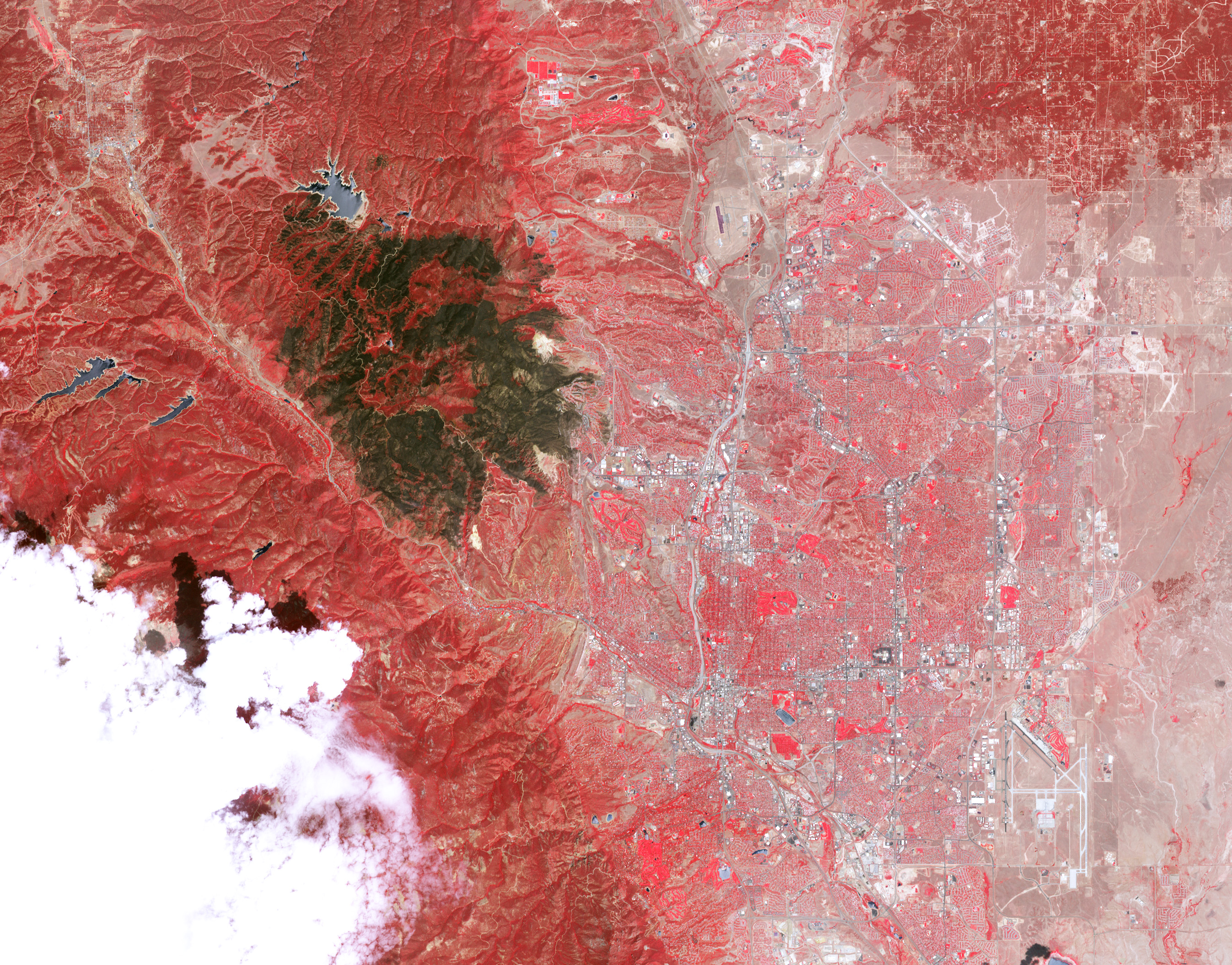In the aftermath of the Colorado wildfires, dangers persist
By Administrator This guest post comes from Paul Chiariello of the Humanist Chaplaincy at Rutgers.
This guest post comes from Paul Chiariello of the Humanist Chaplaincy at Rutgers.
Fire! Fire! The initial alarm raised by catastrophe usually brings with it a substantial response of humanitarian relief. And I have to say that again and again my pride in humanity is restored. The mantra “be good for goodness’ sake” comes to life in these events for me as I see people work together, for no personal reward, to help out those struck by tsunamis, tornados, and, most recently in Colorado, wildfires. The sad flip side of this, however, is that the amazing energy and support invested during that initial alarm rarely makes it to the new dangers that spring up in the aftermath. If what we care about is goodness, we need to seek it out where it’s needed, and not only where there’s hype.
On July 8, Colorado Governor John Hickenlooper lifted the state-wide ban on fires. After containing most of the fires and receiving much-needed rain, the danger had largely passed.
Well, dangers from fires, that is. After finally being contained on July 11, the fire in Waldo Canyon, whose firefighter fund FBB’s Humanist Crisis Response has been supporting, was named the most destructive fire in Colorado’s history. But the dollar figures that soar into the tens of millions for Waldo alone are only those caused by the fires themselves.
Waldo Canyon and other areas are now receiving flash flood advisories instead of fire warnings. Barren hills left nude of trees whose roots kept the soil in place are now vulnerable to Colorado’s rainy season.
 The picture to the left shows a pickup now completely submerged by a mudslide, which happened just days ago on U.S 24 west of Cascade in Waldo Canyon. Sandbags and other barriers that were previously being built to stave off fires are now being used to keep out floodwaters and mudslides. And even when the ground itself stays in place, the ashy layers on top run into streams, creating “an oily, black brew.”
The picture to the left shows a pickup now completely submerged by a mudslide, which happened just days ago on U.S 24 west of Cascade in Waldo Canyon. Sandbags and other barriers that were previously being built to stave off fires are now being used to keep out floodwaters and mudslides. And even when the ground itself stays in place, the ashy layers on top run into streams, creating “an oily, black brew.”
The Humanist Crisis Response has as its mission to do the most good they can. In Colorado this means helping to build “immediate support of seriously underfunded and understaffed first responders.” While “first” responders are long gone after the initial alarm over the fires has subsided, the current round of volunteers are in no less need of support. They face no lesser forces of destruction, and we face no fewer opportunities to “be good for goodness’ sake.”
The fact that we selflessly come together and bring much needed relief when the sirens start to ring speaks well of humanity. But if our goal is good for goodness’ sake, we need to create our own energy, when the sirens die down.
Paul Chiariello
Assistant Coordinator at the Humanist Chaplaincy at Rutgers University
Donate to the Humanist Crisis Response Colorado Firefighter Fund (ends August 31)
